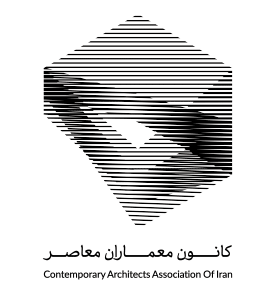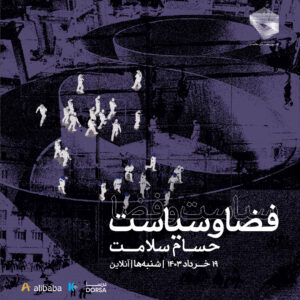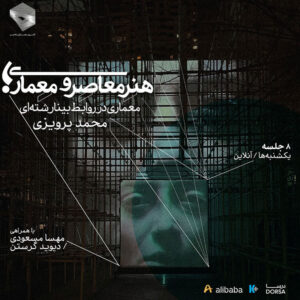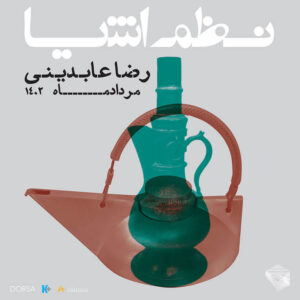This course aims to explore the role of critique as an inseparable part of the design process, based on theoretical literature, practical experiences, and valuable achievements in the history of design. It proposes the hypothesis that theoretical critique, based on verbal and written expression, can transform into practical critique grounded in design and the subject of critique itself. Ultimately, the course seeks to intertwine critique and design, creating a foundation for developing a practical and specific model for design research.
The course outcomes for participants include four key areas:
• Reviewing and reinterpreting the theoretical literature on design and critique.
• Applying models for analysis, interpretation, and translation in understanding design works to redefine design issues.
• Constructing analytical-critical models for a notable design work of history, chosen by the course researcher, to conceptualize the design problem.
• Developing a design-critical model for the same work to generate and ideate responses to the problem.
The course structure will consist of lectures and discussions (two-thirds of the total course) and reviewing, analyzing, and critiquing the researcher’s study process on a selected sample (one-third of the course). Selected studies will be documented as practical outcomes and, if deemed appropriate by the instructor, displayed digitally. The course will be conducted by Kaveh Bazrafkan, an architect and architecture researcher. His publications provide insight into his structure, intellectual framework, and research approach. Additionally, a podcast from Radio Avizh may be helpful.






کامنت ها
There are no reviews yet.